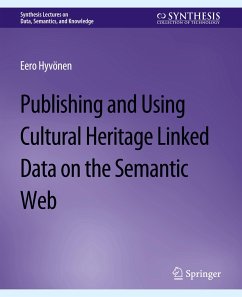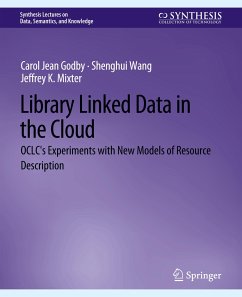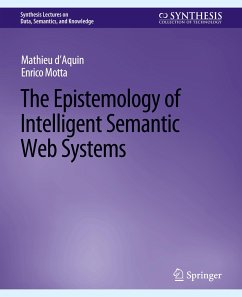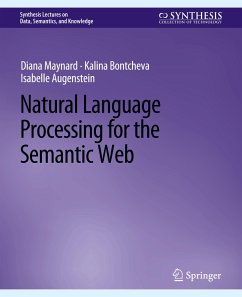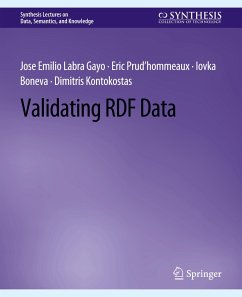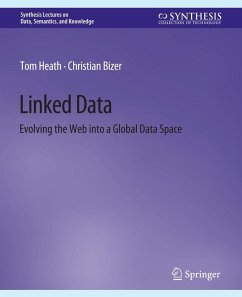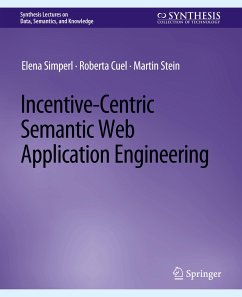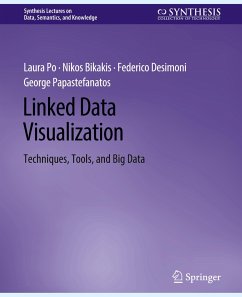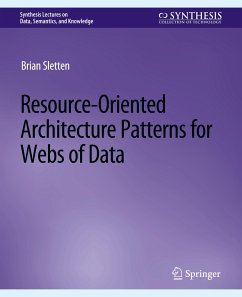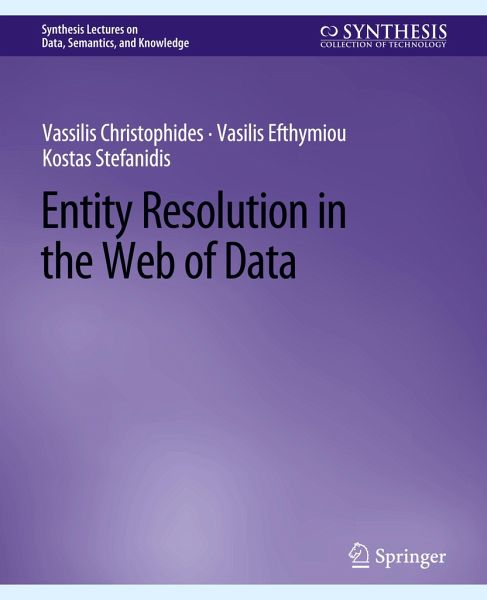
Entity Resolution in the Web of Data

PAYBACK Punkte
0 °P sammeln!
In recent years, several knowledge bases have been built to enable large-scale knowledge sharing, but also an entity-centric Web search, mixing both structured data and text querying. These knowledge bases offer machine-readable descriptions of real-world entities, e.g., persons, places, published on the Web as Linked Data. However, due to the different information extraction tools and curation policies employed by knowledge bases, multiple, complementary and sometimes conflicting descriptions of the same real-world entities may be provided. Entity resolution aims to identify different descrip...
In recent years, several knowledge bases have been built to enable large-scale knowledge sharing, but also an entity-centric Web search, mixing both structured data and text querying. These knowledge bases offer machine-readable descriptions of real-world entities, e.g., persons, places, published on the Web as Linked Data. However, due to the different information extraction tools and curation policies employed by knowledge bases, multiple, complementary and sometimes conflicting descriptions of the same real-world entities may be provided. Entity resolution aims to identify different descriptions that refer to the same entity appearing either within or across knowledge bases.The objective of this book is to present the new entity resolution challenges stemming from the openness of the Web of data in describing entities by an unbounded number of knowledge bases, the semantic and structural diversity of the descriptions provided across domains even for the same real-world entities, as well as the autonomy of knowledge bases in terms of adopted processes for creating and curating entity descriptions. The scale, diversity, and graph structuring of entity descriptions in the Web of data essentially challenge how two descriptions can be effectively compared for similarity, but also how resolution algorithms can efficiently avoid examining pairwise all descriptions.The book covers a wide spectrum of entity resolution issues at the Web scale, including basic concepts and data structures, main resolution tasks and workflows, as well as state-of-the-art algorithmic techniques and experimental trade-offs.



